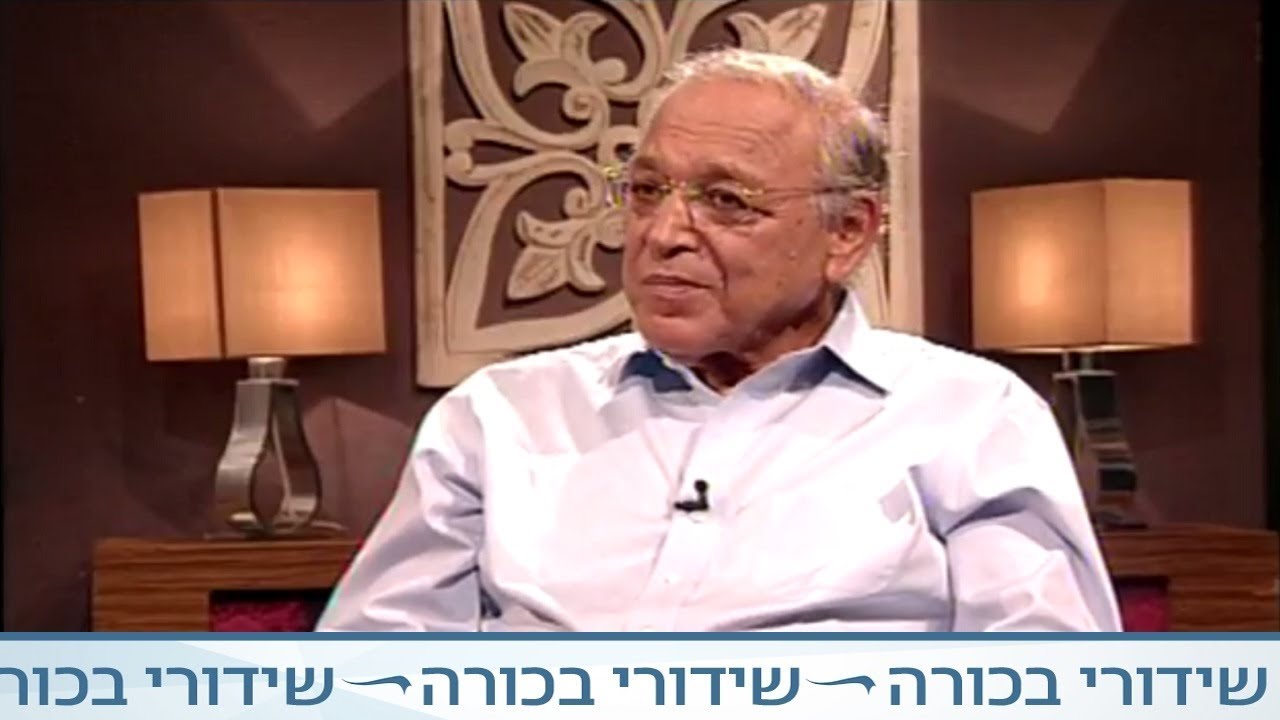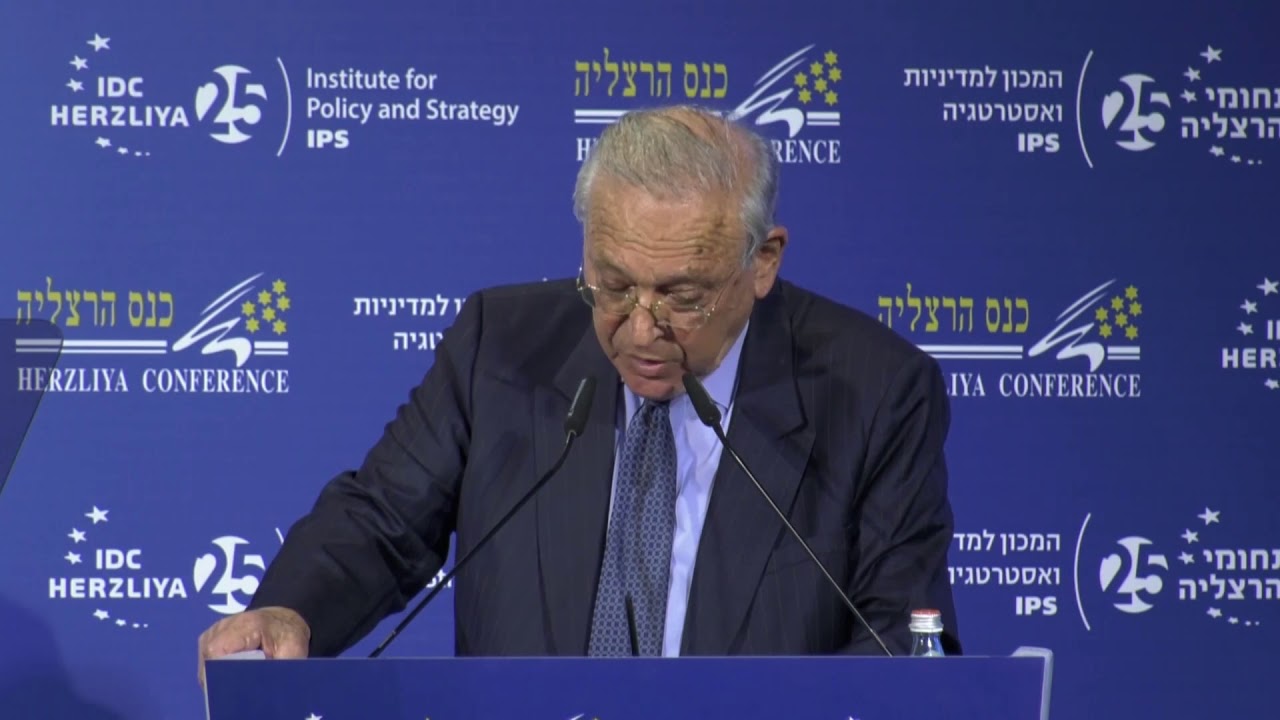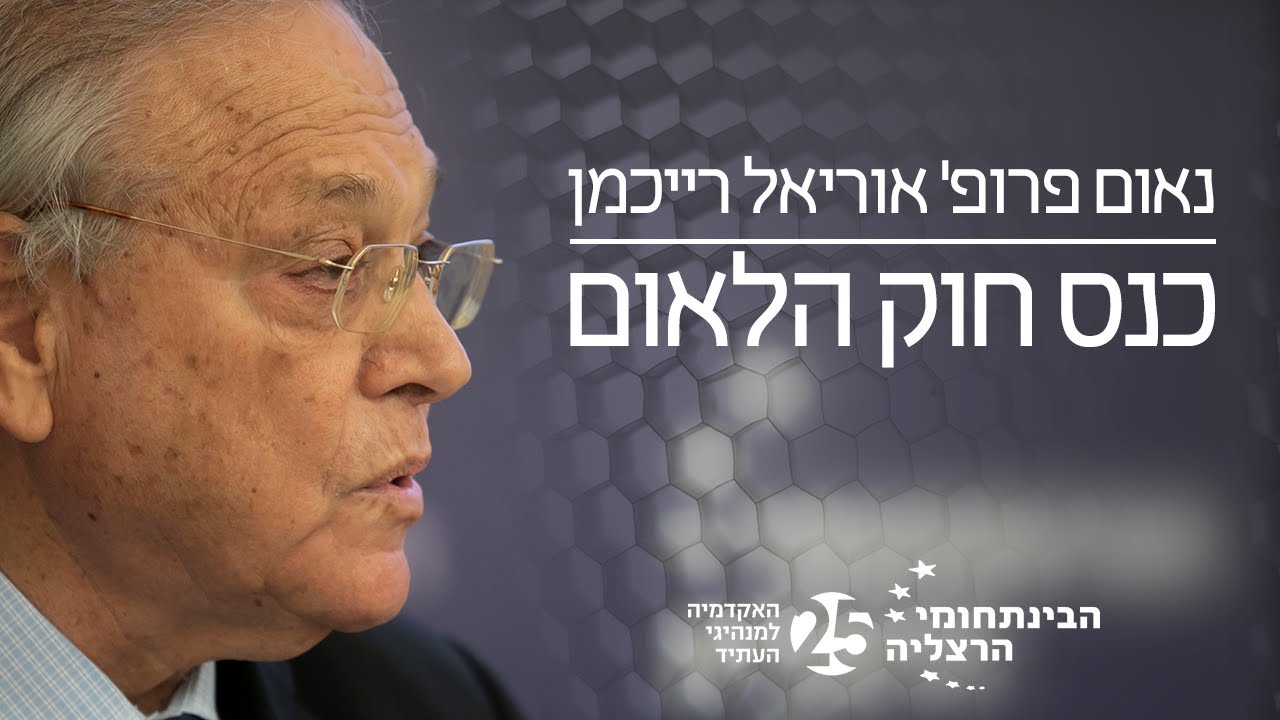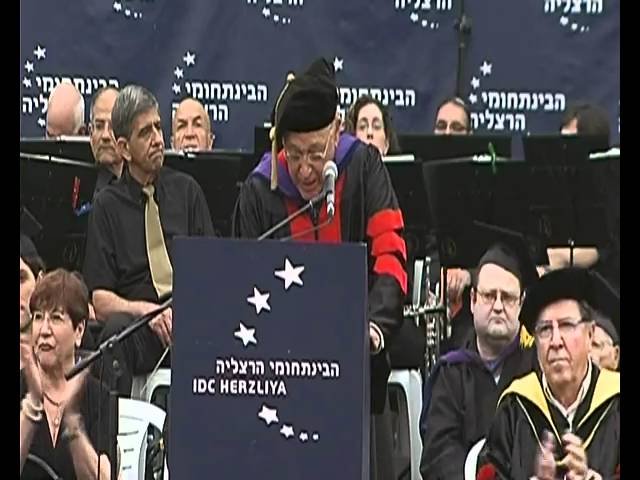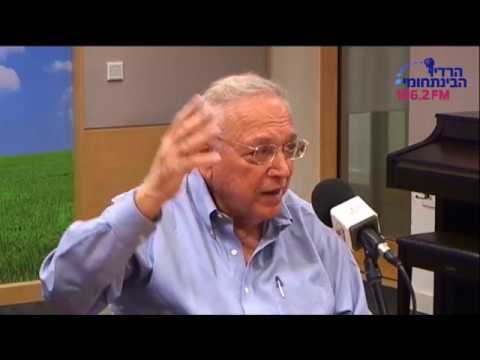מורשת גדולי האומה
בזכותם קיים
beta
Uriel Reichman: A Pioneer in Israeli Law and Politics
Uriel Reichman, a prominent figure in Israeli law and politics, has left an indelible mark on the country's legal landscape and played a significant role in shaping its political discourse. Born on July 4, 1942, in Tel Aviv, Uriel Reichman is best known as the founder and president of the Interdisciplinary Center Herzliya.
Reichman's early life was influenced by his parents, Garda and Alfred Reichman, who immigrated to Israel from Nazi Germany. They established a successful business, and Uriel attended public school in Ramat Gan and later graduated from "Tichon Hadash" in Tel Aviv. He was an active member of the youth organizations "Tzofei Ramat Gan" and "Maccabi Ramat Gan" in the realm of football.
In 1960, Uriel Reichman enlisted in the Israel Defense Forces (IDF), volunteering for the elite Paratroopers Brigade and serving in Unit 890. During his military service, he underwent rigorous training, including the Combat Intelligence Course and Officer Training. Upon completing his training, he returned to Unit 890 as a platoon commander. In 1963, after leaving the IDF with the rank of lieutenant, he continued his academic pursuits.
Uriel Reichman earned his undergraduate law degree with honors in 1967 from the Faculty of Law at the Hebrew University of Jerusalem. He then pursued a Doctor of Juridical Science (J.S.D.) degree, which he completed in 1975 at the University of Chicago in the United States. Reichman's academic career included roles as an assistant professor, lecturer, senior lecturer, and professor at Tel Aviv University's Faculty of Law. He also held positions as a visiting professor and researcher at universities in the United States and Germany, specializing in property law.
In 2010, Professor Reichman was awarded an honorary Doctor of Laws degree by the University of Heidelberg in Germany. In November 2018, he received the prestigious Israel Higher Education Award for the year 5779 from the Council for Higher Education (MALAG).
Reichman's academic leadership extended beyond his teaching roles. From 1985 to 1990, he served as the dean of the Faculty of Law at Tel Aviv University. In 1990, he founded the "Ramat Mishpat" Law School, Israel's first privately funded law school. He led the institution until 1994.
In 1994, Uriel Reichman founded the Interdisciplinary Center Herzliya (IDC), an independent private academic institution located in Herzliya, Israel. The IDC Herzliya operates without direct government funding, and Reichman has been its president since its inception, except for a brief period when he entered the political arena. His involvement with the IDC has become synonymous with his name.
Reichman's political and public activities have also left a significant imprint on Israeli society. In the mid-1980s, he spearheaded a team that drafted a proposed constitution for Israel. The proposal included ideas such as direct election of the Prime Minister, a regional-proportional electoral system, a bill of rights, and a new framework for the relationship between religion and state (1987). Following this effort, he served as the chairman of the "Choose Israel" movement and led its struggle to realize these constitutional changes. As a result of his work, the Knesset enacted the Direct Election Law in 1992, which was later repealed after three elections in which it was implemented. While the law's final form differed from Reichman's original proposal, it marked a significant milestone in Israeli politics.
Despite the disappointment of the Direct Election Law's eventual repeal, Reichman remained committed to improving the Israeli governmental system and advocating for constitutional reform. He participated in the Gidor Committee appointed by President Moshe Katsav in June 2005 to examine the structure of the Israeli government and discuss possible alternatives for changing the system. In 2006, together with Professor David Nachmias, he co-authored the book "The State of Israel: New Thoughts," which proposed a series of reforms in the fields of government and public administration in Israel.
After the Yom Kippur War, Uriel Reichman joined forces with Professor Amnon Rubinstein and was among the founders of the "Shinui" (Change) movement, which later merged with the Democratic Movement for Change. He served as the chairman of the Shinui's Monitoring Committee and, following the split in the movement, became the Secretary-General of the Change Movement (1979). In 1999, he played a crucial role in revitalizing the Change Movement, which had diverged from Meretz. In 2004, he was elected as the Chairman of the Presidency of the Council for Change. In 2005, he left the Change Movement and joined the newly formed "Kadima" party under the leadership of Ariel Sharon, with whom he shared the goal of improving Israel's educational system. After the elections, Ehud Olmert, who succeeded Sharon as the leader of Kadima, decided to transfer the role of Minister of Education to the Labor Party, his coalition partner. Uriel Reichman, who had openly stated that he entered politics solely to fulfill the role of Minister of Education, resigned from the Knesset, just nine days after being sworn in.
In addition to his academic and political careers, Professor Reichman served as a director at the First International Bank and Bank Hapoalim, as well as the chairman of the Human Rights Committee at the Israel Bar Association. He proposed reforms in the field of property law and the regulation of real estate appraisers and mediators.
Uriel Reichman is married to his second wife, architect Nira Reichman, the sister of Tzipi Livni. They have two daughters and reside in Tel Aviv.
In 1960, Uriel Reichman enlisted in the Israel Defense Forces (IDF), volunteering for the elite Paratroopers Brigade and serving in Unit 890. During his military service, he underwent rigorous training, including the Combat Intelligence Course and Officer Training. Upon completing his training, he returned to Unit 890 as a platoon commander. In 1963, after leaving the IDF with the rank of lieutenant, he continued his academic pursuits.
Uriel Reichman earned his undergraduate law degree with honors in 1967 from the Faculty of Law at the Hebrew University of Jerusalem. He then pursued a Doctor of Juridical Science (J.S.D.) degree, which he completed in 1975 at the University of Chicago in the United States. Reichman's academic career included roles as an assistant professor, lecturer, senior lecturer, and professor at Tel Aviv University's Faculty of Law. He also held positions as a visiting professor and researcher at universities in the United States and Germany, specializing in property law.
In 2010, Professor Reichman was awarded an honorary Doctor of Laws degree by the University of Heidelberg in Germany. In November 2018, he received the prestigious Israel Higher Education Award for the year 5779 from the Council for Higher Education (MALAG).
Reichman's academic leadership extended beyond his teaching roles. From 1985 to 1990, he served as the dean of the Faculty of Law at Tel Aviv University. In 1990, he founded the "Ramat Mishpat" Law School, Israel's first privately funded law school. He led the institution until 1994.
In 1994, Uriel Reichman founded the Interdisciplinary Center Herzliya (IDC), an independent private academic institution located in Herzliya, Israel. The IDC Herzliya operates without direct government funding, and Reichman has been its president since its inception, except for a brief period when he entered the political arena. His involvement with the IDC has become synonymous with his name.
Reichman's political and public activities have also left a significant imprint on Israeli society. In the mid-1980s, he spearheaded a team that drafted a proposed constitution for Israel. The proposal included ideas such as direct election of the Prime Minister, a regional-proportional electoral system, a bill of rights, and a new framework for the relationship between religion and state (1987). Following this effort, he served as the chairman of the "Choose Israel" movement and led its struggle to realize these constitutional changes. As a result of his work, the Knesset enacted the Direct Election Law in 1992, which was later repealed after three elections in which it was implemented. While the law's final form differed from Reichman's original proposal, it marked a significant milestone in Israeli politics.
Despite the disappointment of the Direct Election Law's eventual repeal, Reichman remained committed to improving the Israeli governmental system and advocating for constitutional reform. He participated in the Gidor Committee appointed by President Moshe Katsav in June 2005 to examine the structure of the Israeli government and discuss possible alternatives for changing the system. In 2006, together with Professor David Nachmias, he co-authored the book "The State of Israel: New Thoughts," which proposed a series of reforms in the fields of government and public administration in Israel.
After the Yom Kippur War, Uriel Reichman joined forces with Professor Amnon Rubinstein and was among the founders of the "Shinui" (Change) movement, which later merged with the Democratic Movement for Change. He served as the chairman of the Shinui's Monitoring Committee and, following the split in the movement, became the Secretary-General of the Change Movement (1979). In 1999, he played a crucial role in revitalizing the Change Movement, which had diverged from Meretz. In 2004, he was elected as the Chairman of the Presidency of the Council for Change. In 2005, he left the Change Movement and joined the newly formed "Kadima" party under the leadership of Ariel Sharon, with whom he shared the goal of improving Israel's educational system. After the elections, Ehud Olmert, who succeeded Sharon as the leader of Kadima, decided to transfer the role of Minister of Education to the Labor Party, his coalition partner. Uriel Reichman, who had openly stated that he entered politics solely to fulfill the role of Minister of Education, resigned from the Knesset, just nine days after being sworn in.
In addition to his academic and political careers, Professor Reichman served as a director at the First International Bank and Bank Hapoalim, as well as the chairman of the Human Rights Committee at the Israel Bar Association. He proposed reforms in the field of property law and the regulation of real estate appraisers and mediators.
Uriel Reichman is married to his second wife, architect Nira Reichman, the sister of Tzipi Livni. They have two daughters and reside in Tel Aviv.
